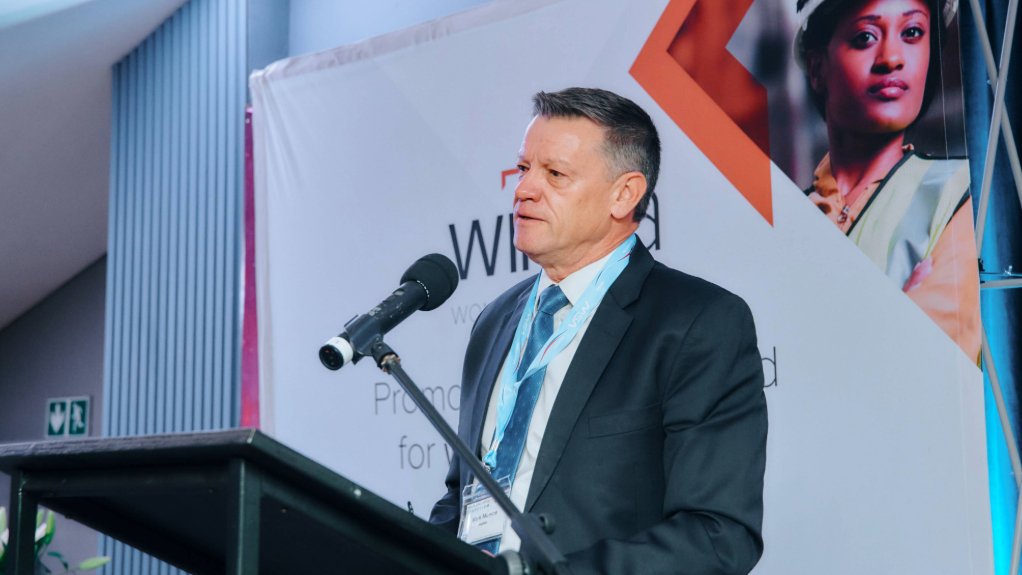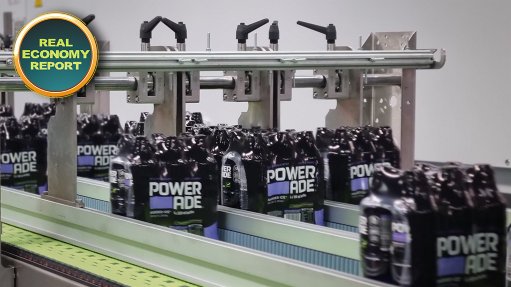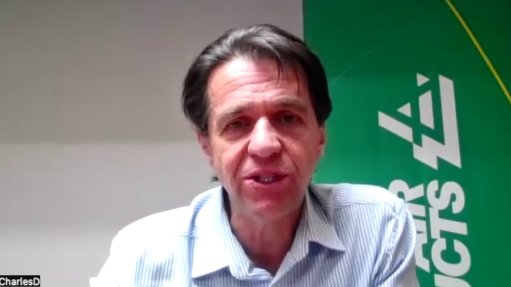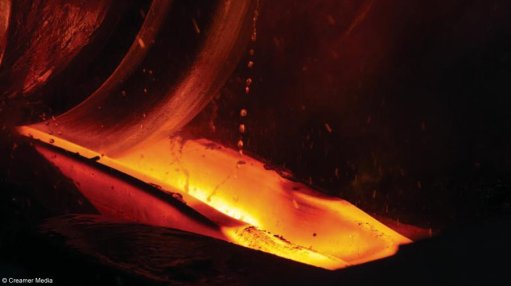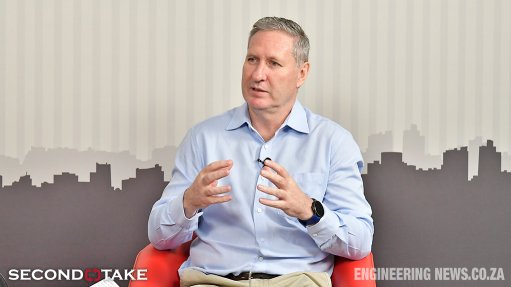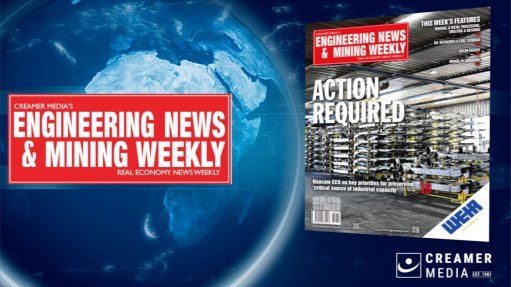Implats exec highlights value of more women working in mining
In opening the second day proceedings of the inaugural Women in Mining South Africa (Wimsa) Symposium, Impala Platinum (Implats) chief technology officer Mark Munroe emphasised the importance of transformation in the mining industry on a granular level.
He advocated for a future where men and women get equal opportunities to advance in the mining industry, as well as for women to be treated equally in a social context.
Munroe maintained that there were disparities in the mining sector, from how women were underrepresented in top management and skilled technical roles to gender bias and stereotypes.
He advocated for inclusive policies – not only gender-neutral ones, but also ones that actively allow women to get ahead, given the legacy that legal barriers and cultural stereotypes have left.
Munroe pointed out that legislation in South Africa prohibited women from working underground as recently as 1991, but although the laws had changed, this legacy still impacted women’s opportunities in South Africa.
He added that many of the physical challenges related to women working in mining had diminished, given advances in technology that made mining safer and more productive.
For example, the introduction of lightweight and ergonomic hydropower drilling equipment had reduced physical strain on workers and enhanced safety.
Additionally, the increased use of automation and robotics in mining operations had reduced physical demands, making tasks more accessible to a broader range of workers, including women.
Many mining companies still lacked policies and practices that supported women’s career progression, flexible work arrangements and comfortable ways of working, including personal protection equipment and workwear. Munroe said skills development opportunities were often inaccessible to women, despite claiming to be gender neutral, owing to a biased system.
“The goal is to create a more inclusive industry that unlocks the full potential of the workforce and drives innovation and growth,” Munroe stated.
He cited the example of World War II where women in the US gained access to work opportunities when men went to war, which led to significant economic growth and societal changes.
Implats, for one, had awarded many bursaries, sponsorships and mining cadetships to women, while working within communities to improve cultural stereotypes and safety for women in mining.
Munroe said Implats’ support programmes for women had shown that women could excel in the mining industry if given the opportunity. He cited the example of how Shaft 16 mine manager Nonku Mabuza had become the most productive manager across Implats’ Rustenburg operations, running the largest of Implats’ mines in the area at that.
He confirmed that, in his view, women’s leadership qualities such as empathy and heightened awareness of safety and risk management, could enhance organisational performance and decision-making.
“Deploying more women in mining environments can enhance the company’s reputation and inclusivity, which can motivate teams and achieve goals more effectively. Women demonstrate strong adaptability in challenging and dynamic mining environments, which contributes to operational agility and resilience,” he explained.
He concluded that society needed to recognise that having a transformed workplace makes businesses more profitable and effective.
Comments
Announcements
What's On
Subscribe to improve your user experience...
Option 1 (equivalent of R125 a month):
Receive a weekly copy of Creamer Media's Engineering News & Mining Weekly magazine
(print copy for those in South Africa and e-magazine for those outside of South Africa)
Receive daily email newsletters
Access to full search results
Access archive of magazine back copies
Access to Projects in Progress
Access to ONE Research Report of your choice in PDF format
Option 2 (equivalent of R375 a month):
All benefits from Option 1
PLUS
Access to Creamer Media's Research Channel Africa for ALL Research Reports, in PDF format, on various industrial and mining sectors
including Electricity; Water; Energy Transition; Hydrogen; Roads, Rail and Ports; Coal; Gold; Platinum; Battery Metals; etc.
Already a subscriber?
Forgotten your password?
Receive weekly copy of Creamer Media's Engineering News & Mining Weekly magazine (print copy for those in South Africa and e-magazine for those outside of South Africa)
➕
Recieve daily email newsletters
➕
Access to full search results
➕
Access archive of magazine back copies
➕
Access to Projects in Progress
➕
Access to ONE Research Report of your choice in PDF format
RESEARCH CHANNEL AFRICA
R4500 (equivalent of R375 a month)
SUBSCRIBEAll benefits from Option 1
➕
Access to Creamer Media's Research Channel Africa for ALL Research Reports on various industrial and mining sectors, in PDF format, including on:
Electricity
➕
Water
➕
Energy Transition
➕
Hydrogen
➕
Roads, Rail and Ports
➕
Coal
➕
Gold
➕
Platinum
➕
Battery Metals
➕
etc.
Receive all benefits from Option 1 or Option 2 delivered to numerous people at your company
➕
Multiple User names and Passwords for simultaneous log-ins
➕
Intranet integration access to all in your organisation



